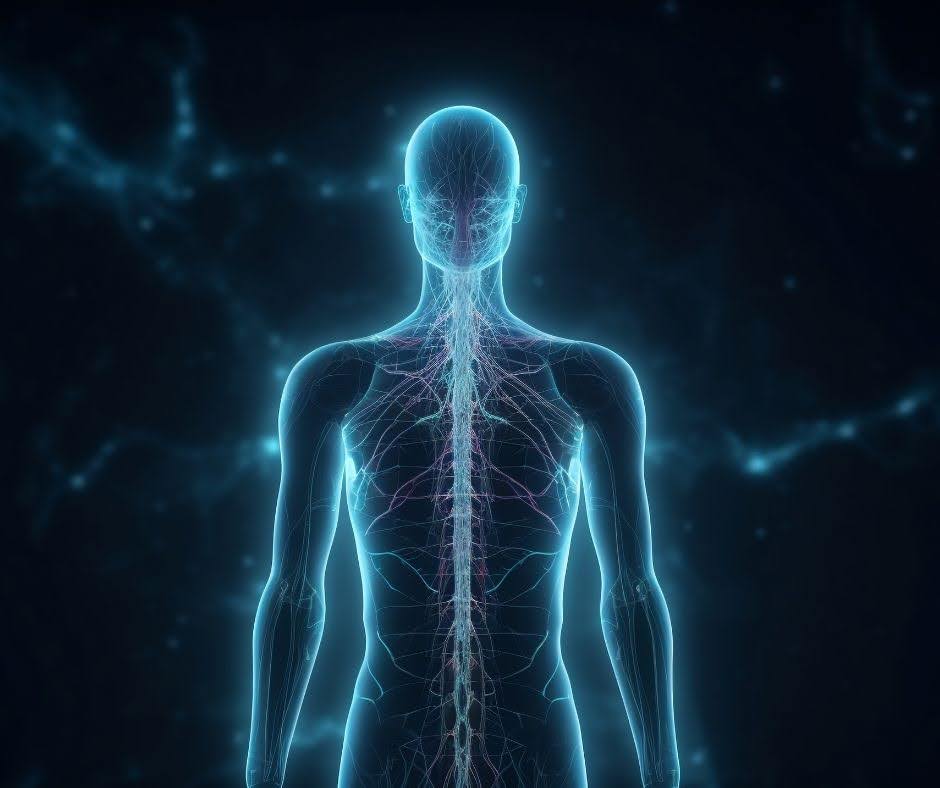
The Brain
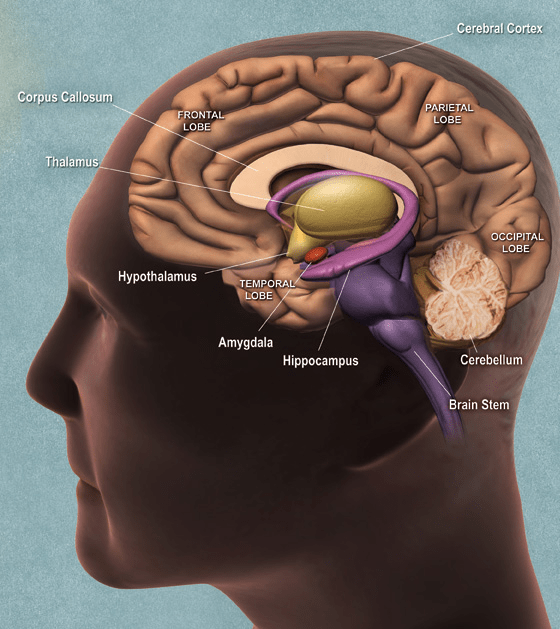
The human brain is a marvel of nature, featuring 490 kilometers of blood vessels. A single brain cell can store information equivalent to five volumes of the Encyclopedia Britannica. Brain signals travel through neurons at speeds of up to 170 miles per hour, equivalent to the rapid movement of vehicles on an express highway. The brain processes around 100,000 messages per second, controlling vital functions such as breathing, blood flow, hunger, thirst, limb movements, and even the blinking of our eyes. It generates 25 watts of electricity, enough to power a light bulb, despite weighing only 1.3 kilograms and having dimensions of 14 cm x 16 cm x 9 cm.
The Heart
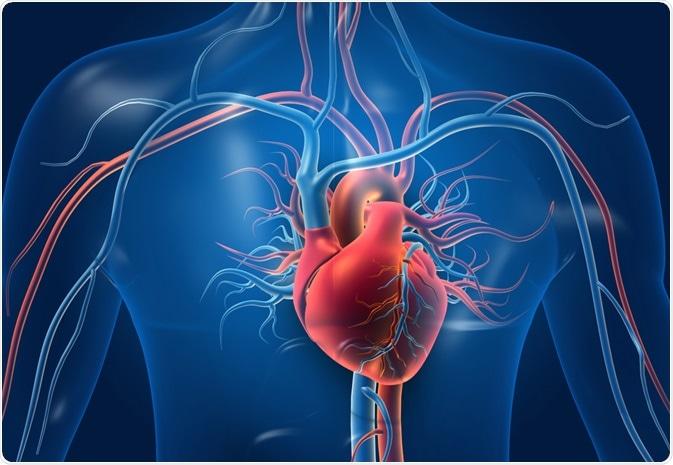
The heart beats 70 times a minute, totaling around 100,000 beats per day, continuing its relentless rhythm from the moment of conception. It pumps blood through 75 trillion cells in the body. To sustain a person until the age of 60, the heart must pump an amount of blood equivalent to that carried by 10,000 oil tankers.
Blood Vessels
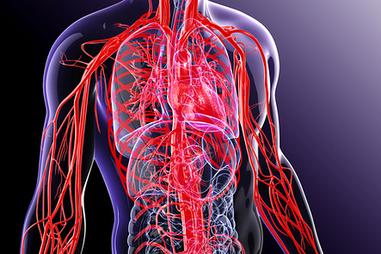
The total length of blood vessels in the human body is about 96,560 kilometers, which is more than twice the circumference of the Earth (40,075 kilometers). These vessels are crucial for transporting oxygen throughout the body, a task primarily facilitated by the lungs. Although appearing small, when fully spread out, the surface area of the lungs would cover a tennis court.
The Kidneys and Digestive System

Kidneys play a vital role in filtering waste from the bloodstream, processing about 180 liters of blood every day. The stomach aids digestion with powerful hydrochloric acids strong enough to dissolve a razor blade, yet it is protected by a lining that regenerates every few days. Throughout a person’s life, this constant renewal ensures the stomach remains undamaged by its own acidic environment.
DNA
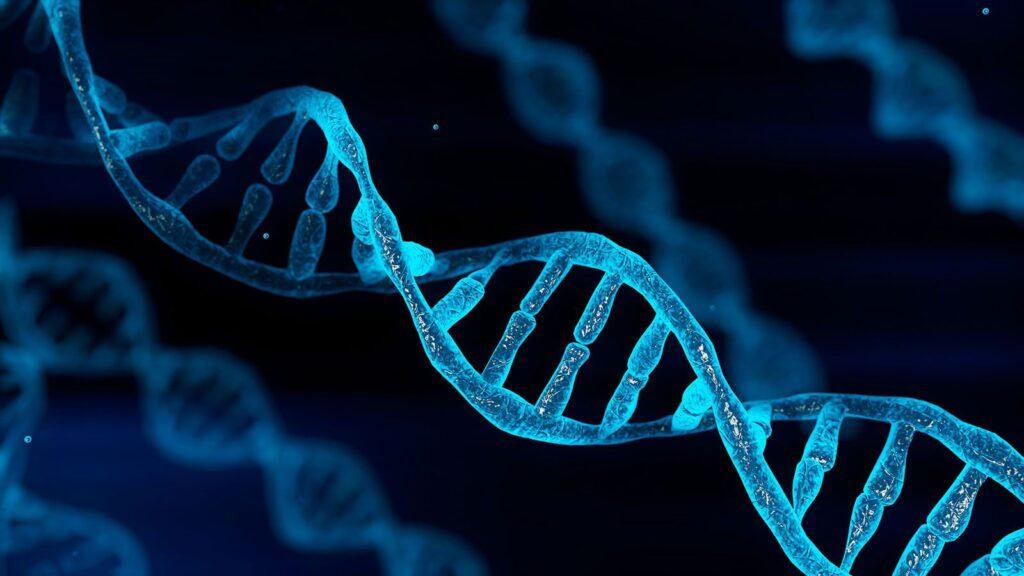
DNA is the ultimate information repository, with each of the body’s billions of cells containing a DNA strand that can be likened to thousands of volumes of books. This genetic material encodes all the information necessary for the functioning and reproduction of the human body, showcasing the intricate complexity and efficiency of our biological systems.

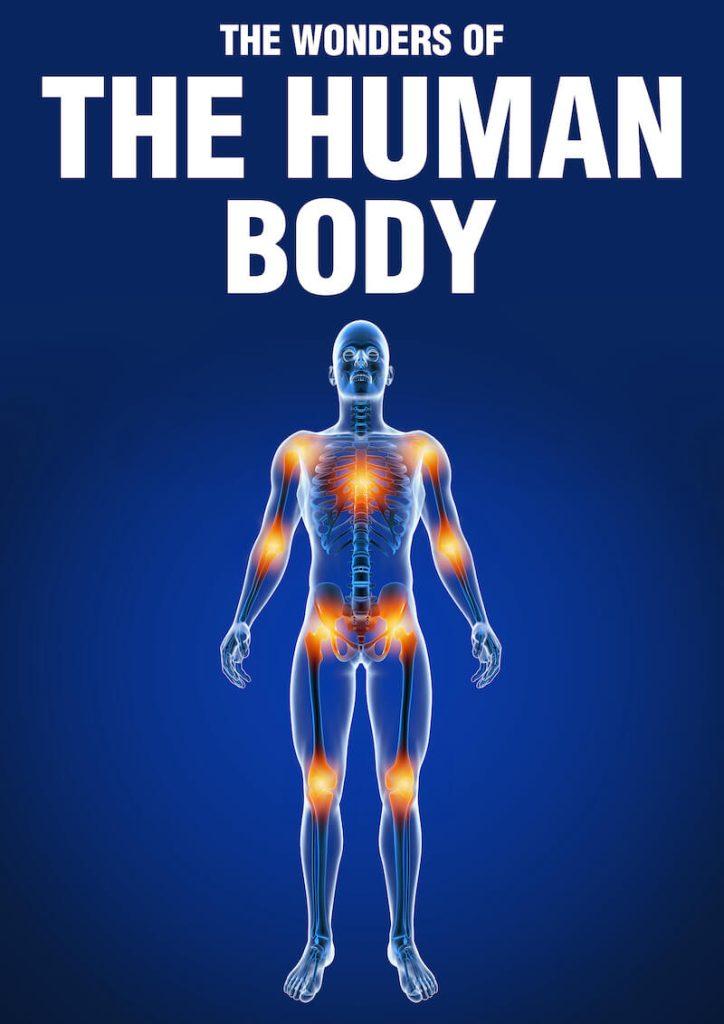
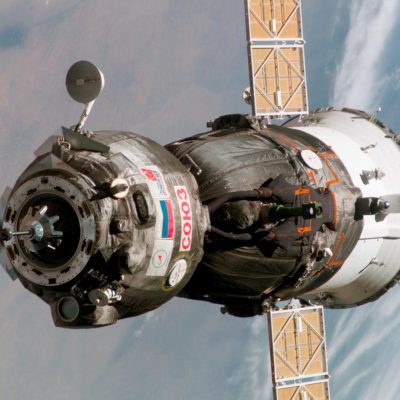
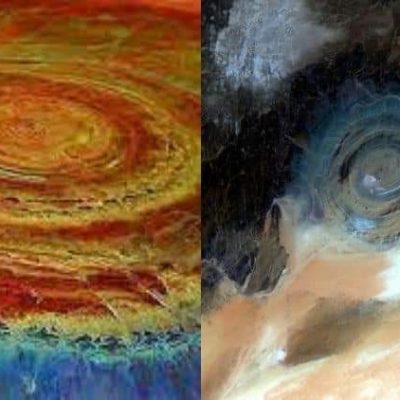

Recent Comments